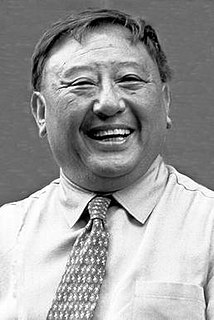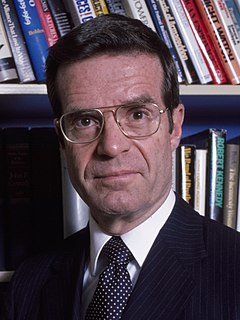A Quote by Krista Tippett
What a liberating thing to realize that our problems are probably our richest sources for rising to the ultimate virtue of compassion.
Related Quotes
Self-absorption in all its forms kills empathy, let alone compassion. When we focus on ourselves, our world contracts as our problems and preoccupations loom large. But when we focus on others, our world expands. Our own problems drift to the periphery of the mind and so seem smaller, and we increase our capacity for connection - or compassionate action.
Education is the proper way to promote compassion and tolerance in society. Compassion and peace of mind bring a sense of confidence that reduce stress and anxiety, whereas anger and hatred come from frustration and undermine our sense of trust. Because of ignorance, many of our problems are our own creation. Education, however, is the instrument that increases our ability to employ our own intelligence.
Compassion is something we can count on. Even if we face economic problems and our fortunes decline, we can still share our compassion with our fellow human beings. National and global economies are subject to many ups and downs, but through them all we can retain a compassionate attitude that will carry us through.
Our compassion is the fruit of our spiritual lives; it actually arises spontaneously when formed by intention in our spiritual practice. Love and compassion are always the goods of the spiritual journey, and they are guided by divine wisdom, which then shapes compassion in the concrete situations of our existence.
We are beset by problems and if we look for their source, we find they arise because of our selfishness, because we tend to pursue our own interests at the expense of others. Our various religious traditions exist to help us reduce these problems. They all teach ways to overcome suffering through cultivating love and compassion, tolerance, patience and contentment.
In our culture, many of us idealize love. We see it as some lofty cure-all for all of life's problems. Our movies and our stories and our history all celebrate it as life's ultimate goal, the final solution for all of our pain and struggle. And because we idealize love, we overestimate it. As a result, our relationships pay a price.
If we want to address global warming, along with the other environmental problems associated with our continued rush to burn our precious fossil fuels as quickly as possible, we must learn to use our resources more wisely, kick our addiction, and quickly start turning to sources of energy that have fewer negative impacts.
It is in the whole process of meeting and solving problems that life has meaning. Problems are the cutting edge that distinguishes between success and failure. Problems call forth our courage and our wisdom; indeed, they create our courage and our wisdom. It is only because of problems that we grow mentally and spiritually. It is through the pain of confronting and resolving problems that we learn.
We are more than our problems. Even if our problem is our own behavior, the problem is not who we are-it's what we did. It's okay to have problems. It's okay to talk about problems-at appropriate times, and with safe people. It's okay to solve problems. And we're okay, even when we have, or someone we love has a problem. We don't have to forfeit our personal power or our self-esteem. We have solved exactly the problems we've needed to solve to become who we are.






























